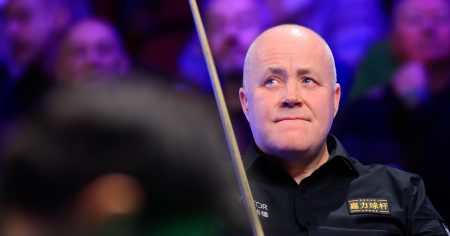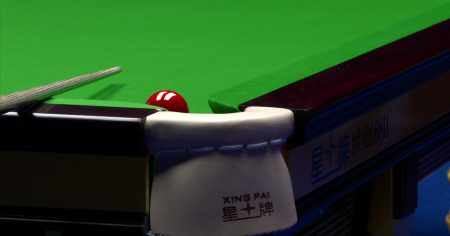Aryna Sabalenka, the reigning Australian Open champion, recently shed light on her evolving relationship with world No. 2, Iga Swiatek. Previously marked by a sense of on-court rivalry and off-court distance, their dynamic has taken a turn towards camaraderie and mutual respect, particularly following a shared training experience in Abu Dhabi during the off-season. Sabalenka’s comments, made ahead of her title defense at the Australian Open, paint a picture of a burgeoning friendship that has softened the edges of their competitive spirit. She described their interactions as “more chill,” suggesting a newfound ease and openness between them. This shift marks a notable development in the landscape of women’s tennis, where rivalries often overshadow personal connections.
The shared off-season training in Abu Dhabi appears to have been a catalyst for this change. It provided an opportunity for Sabalenka and Swiatek to interact outside the high-pressure environment of tournaments, fostering a better understanding of each other beyond their roles as competitors. While the details of their training remain undisclosed, the experience clearly facilitated a more relaxed and personal interaction, allowing them to connect on a human level rather than solely as rivals vying for the top spot. This time spent together likely allowed for casual conversations, shared experiences, and a glimpse into each other’s personalities beyond the on-court personas.
The thawing of the ice between Sabalenka and Swiatek highlights the duality often present in professional sports. While intense competition is inherent, there’s also room for respect, camaraderie, and even friendship. The demands of professional tennis can be isolating, with players constantly traveling and competing. Finding common ground and forging connections with fellow athletes can offer invaluable support and understanding. This emerging friendship illustrates how shared experiences and mutual respect can bridge the gap between competitors, creating a more positive and supportive environment within the sport.
Sabalenka’s comments come as she gears up to defend her Australian Open title, a feat she achieved in both 2022 and 2023. This adds another layer of intrigue to her evolving relationship with Swiatek, who is also a strong contender for the title. While their newfound camaraderie might suggest a softening of their on-court rivalry, it’s unlikely to diminish the intensity of their competition. Both players are fiercely driven and determined to succeed, and the Australian Open will undoubtedly be a testing ground for their respective ambitions. The question remains whether this newfound “chill” dynamic will impact their on-court battles or if the competitive fire will reign supreme when they face each other across the net.
Before embarking on her Australian Open campaign, Sabalenka will participate in the WTA Brisbane International. This tournament offers crucial preparation for the Grand Slam, allowing her to fine-tune her game and acclimatize to the Australian conditions. It also presents another opportunity for potential encounters with Swiatek, further testing the dynamics of their evolving relationship. The Brisbane International serves as a stepping stone towards the ultimate goal of retaining the Australian Open title, a feat that would cement Sabalenka’s status as one of the dominant forces in women’s tennis.
The changing dynamic between Sabalenka and Swiatek adds an intriguing subplot to the upcoming Australian Open. It underscores the complex interplay between competition and camaraderie in professional sports. While their rivalry will undoubtedly persist on the court, the emergence of a more relaxed and friendly relationship off the court signifies a positive development in the often-intense world of professional tennis. It will be fascinating to observe how this evolving dynamic plays out, both in the lead-up to and during the Australian Open, and whether it influences their performances in what promises to be a thrilling tournament. This subtle shift in their relationship could potentially reshape the narrative of women’s tennis, showcasing how respect and friendship can coexist alongside fierce competition at the highest level of the sport.














